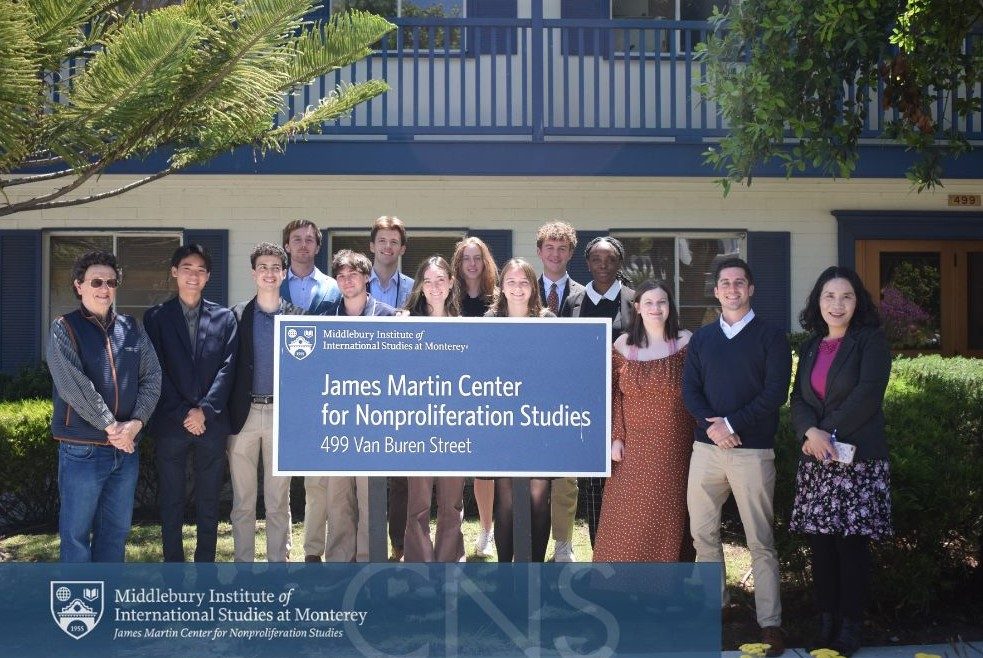Maria Espinola Moreno is a rising senior at Middlebury College pursuing a double major in Economics and Political Science with a minor in French. She was born and raised in Spain, but also lived in Belgium, the United States, and the United Kingdom. Having an international background has given Maria the opportunity to experience many different cultures, people, and perspectives, all of which have formed her understanding of the world. In the future, Maria would like to use the knowledge she has obtained from her education and experiences to pursue a career in the field of diplomacy and international law with a focus on peace and security. During the summer, Maria is planning to research how the Russian military escalation against Ukraine and the increase in Russian-Western diplomatic tensions could affect the NPT’s objectives of nuclear arms control, nonproliferation, and disarmament.
Final Presentation: The role that Latin America and the Caribbean Play in Nuclear Disarmament and Nonproliferation

The region of Latin America and the Caribbean has played a historic leadership role in raising awareness of nuclear disarmament and nonproliferation issues. The commitment to this common objective of a nuclear-weapon-free world was realized with the signing of the Treaty for the Prohibition of Nuclear Weapons in Latin America and the Caribbean, also known as the Treaty of Tlatelolco (1967). Not only has the Treaty of Tlatelolco played a critical role in the establishment of every other existing NWFZ, but it has also set a really important precedent for two of the most important treaties in the nonproliferation regime: the NPT and the TPNW. To understand why Latin America and the Caribbean have become world leaders in disarmament and nonproliferation education, I analyze the driving principles behind the establishment of the Treaty of Tlatelolco, including the Cuban missile crisis, the potential nuclearization of Argentina and Brazil, and the role played by the governments of Mexico and Brazil, which were the main promoters of this treaty. Understanding this may help us discover how Tlatelolco can contribute to the creation of future NWFZs in regions where there are countries with nuclear weapons and a disarmament process is required.



